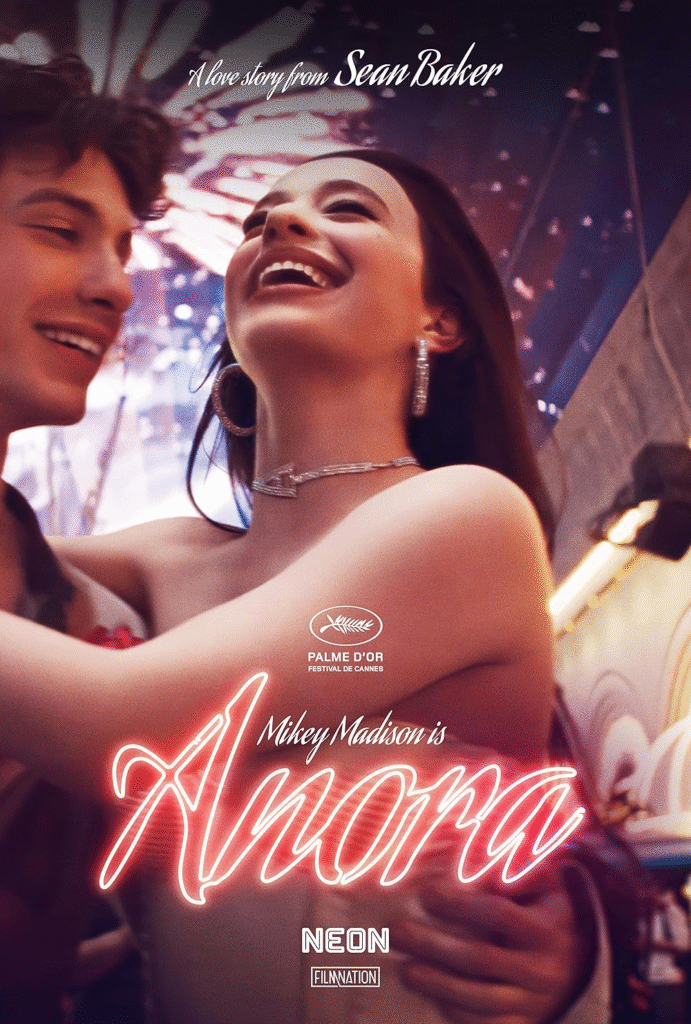
One of the best ways to sum up the Palme D’or and Academy Award-winning movie “Anora” is the quote from the film Hustlers: “This city, this whole country, is a strip club. You’ve got people tossing the money, and people doing the dance.”
“Anora” is a striking depiction of how people in positions of power exploit the working class, whom they view as nothing more than tools. This is shown in several ways:
- Nobody remembers, cares, or even knows about Igor’s birthday. He’s not a person to them, just a weapon to be wielded on whim.
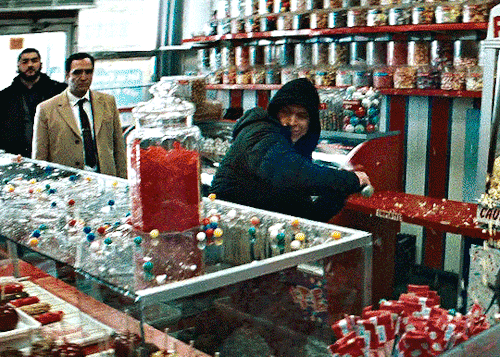
- Igor and Anora use an old hand-me-down car while Ivan’s family garage is full of super expensive but unused cars.
- Garnik is forced to ignore a serious wound and belittled for suffering, because he’s supposed to push past all the pain to serve the bosses to the best of his ability, irrespective of what happens to him in the process.

- Toros has to leave an important ceremony to sort out a non-urgent mess the spoiled man-child made.
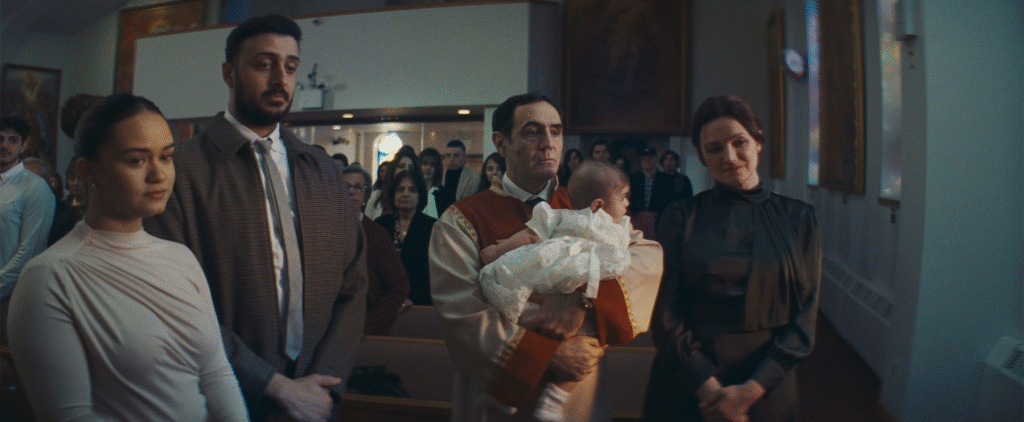
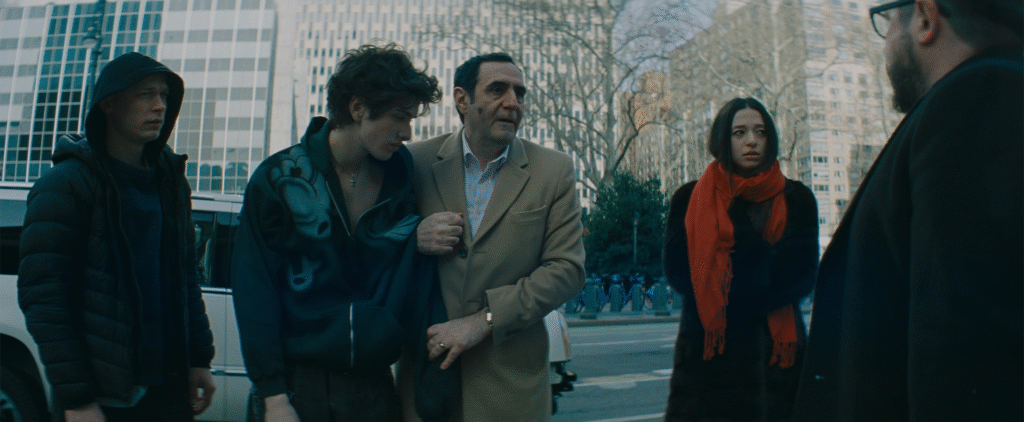
- The cleaners must clean with no questions asked no matter what they find, the lawyers must catch pens and files thrown in their face, and tow workers can lose their newly appointed jobs when the rich and their “tools” damage machinery because the laws don’t apply to the privileged.
Unless you’re from a rich family, you’ll find bits of yourself in the likes of Anora and Igor, who sell their bodies for a minuscule fraction of money dangled in front of their faces to keep them in their place.
Whether it’s physical labor destroying the body or office work requiring us to spend our entire life in front of a screen doing mind-numbing work, destroying our back, vision, and mental health, we’re all selling parts of ourselves to survive in a world that increasingly favors the affluent.
Like Anora and Igor, we might orbit around the rich, but we can never become them. Anora learns this lesson the hard way by chasing a fantasy, marrying someone with unfathomable wealth, moving into a mansion with living rooms bigger than her workplace, and trying to be a part of the higher-up family that sees her as nothing more than a degrading experience their son indulged in.
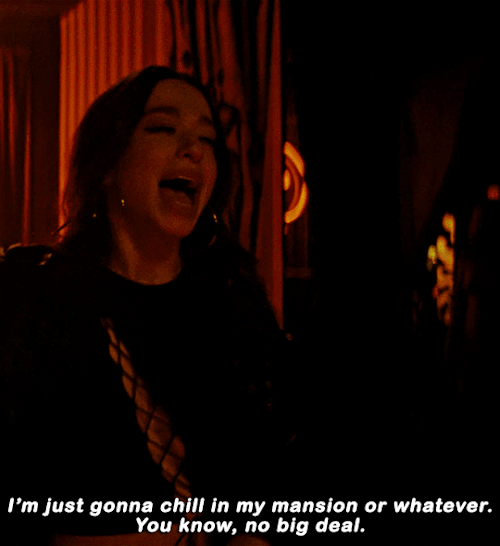
Alas, within a mere few days, she’s back to where she began – stuck in traffic in a car that’s at least three generations old, in front of her shared apartment in a noisy neighborhood, sitting with a man she herself looks down on despite matching her socioeconomic levels and powerless circumstances.
Perhaps the tears she shed at the end were a part of realizing that she can never escape this. Like many of us.
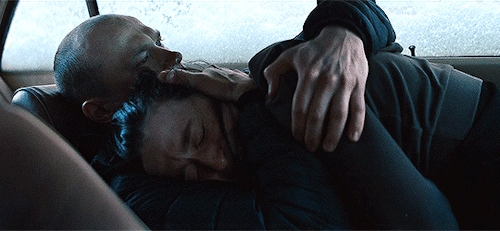
Recent reports show the average US citizen can’t afford a house in 99% of the country. 60% of households and over 80% of individuals can’t afford a car.
Why? Are people not working anymore?
Actually, we’re working more than we’re supposed to with tasks bleeding into personal time after the official workday is over.
“Because we haven’t seen an increase in pay, people are having to work more to sustain their standard of living,” Valerie Wilson from the Economic Policy Institute, who published a report analyzing this data, told Vox.
But this is only applicable for people on the lower rungs of the ladder. The rich continue to be richer.
People in the top 1% own about half of all the new wealth created in the last decade and two-thirds of the wealth created since 2020, with their money growing at three times the inflation rate.
To visualize the scale better, this is how a report—aptly titled Survival of the Richest—puts it:
“A billionaire gained roughly $1.7 million for every $1 of new global wealth earned by a person in the bottom 90%. Billionaire fortunes have increased by $2.7 billion a day.”
It continues, “At the same time, at least 1.7 billion workers now live in countries where inflation is outpacing wages, and over 820 million people —roughly one in ten people on Earth— are going hungry.”
So, what can the ordinary citizen do in this situation except do the dance and try to please the privileged class to toss the (infinitely small fraction of) money?

This realization is part of what makes Anora’s ending so powerful. When Igor, who being in a similar situation, is one of the only people who sees her as a person and offers genuine care without expecting anything in return, she does what she’s known all her life: trade her body as payback.
Perhaps, in her mind, there’s no such thing as a free lunch, so she gives what she can, what she thinks is the only thing valuable she has to offer. She does the dance.
But Igor is not part of the crowd that tosses the money. He doesn’t participate and tries to offer real affection despite her viewing him as nothing more than a “goon” and “rapist” throughout their time together.
Anora speaks to him degradingly and herself becomes a part of the higher-up crowd thinking lowly of him, perhaps in an attempt to distance herself from the realization that she’s at the same level, being mistreated by the people she idolizes.
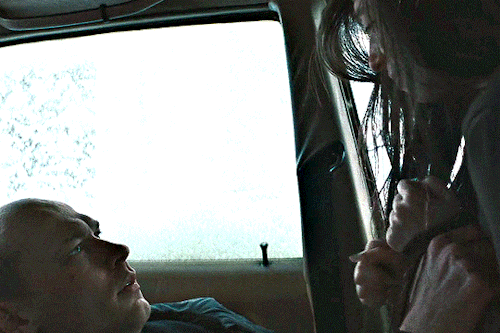
This raises a lot of key questions:
- Is her dream life with Ivan a fantasy because there’s no such thing as true love, or because you can rarely escape your class?
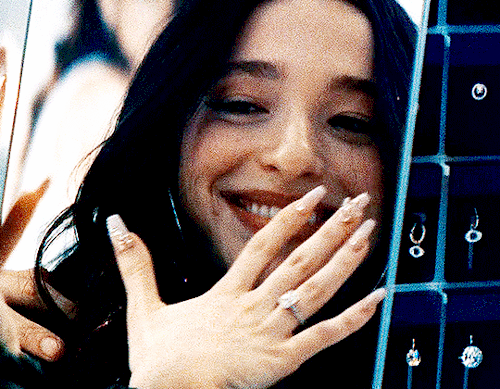
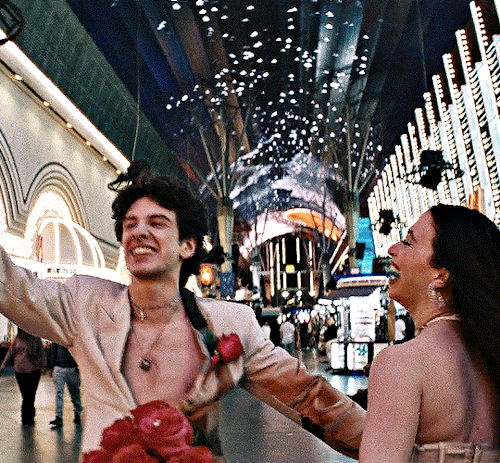
- Can only those at our socioeconomic level see and treat us as people as opposed to tools to serve their needs?
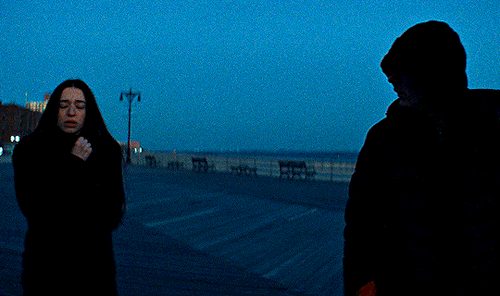
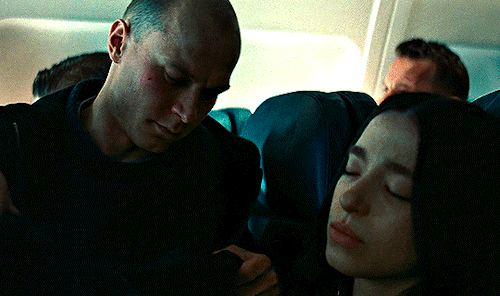
- Is selling ourselves the only way to survive in the modern world? Must we do the dance despite knowing what’s tossed isn’t enough?
Disclaimer: This analysis reflects my personal opinions and impressions of the film. All comments are subjective and not intended as factual statements about the people involved. The inclusion of copyrighted material is intended for commentary, criticism, and discussion purposes under fair use guidelines, and remains the property of its original copyright holders.
If you’ve made it this far and enjoyed my work, consider supporting me to make more of it! It helps keep the creative cycle going.
You come across something that touches you and changes your life, so you create beautiful art reflecting that. It inspires someone else and the cycle of creativity continues. Be a part of it!

Leave a Reply